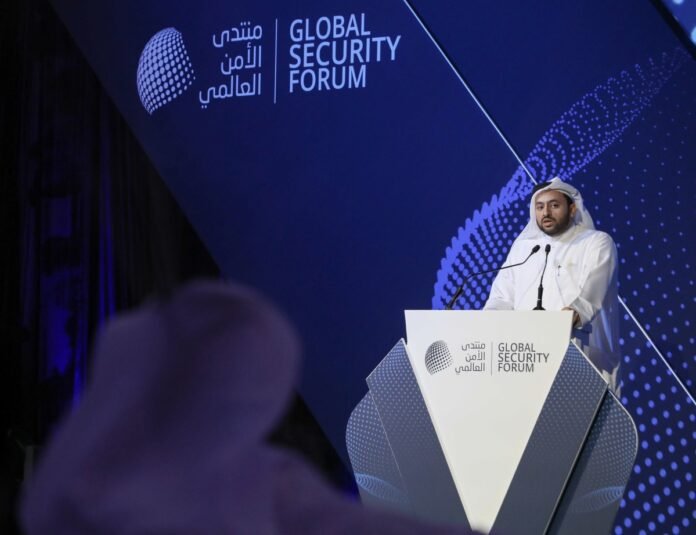Mediation continues to be the central pillar of Qatar’s foreign policy, according to Minister of State at the Ministry of Foreign Affairs, Dr. Mohammed bin Abdulaziz bin Saleh Al Khulaifi. Speaking at the 2025 Global Security Forum, Dr. Al Khulaifi emphasized that mediation is the backbone of Qatar’s foreign policy. It shapes its global diplomatic role and international reputation.
Highlighting Qatar’s expanding footprint in global diplomacy, the minister explained that the country’s mediation efforts initially focused on conflicts in the Middle East. However, these efforts have since extended to Africa, Latin America, Europe, and Asia. This expansion, he said, underscores Qatar’s growing role as a trusted neutral facilitator in some of the world’s most complex disputes.
“Mediation is the backbone of Qatar’s foreign policy because it reflects our belief in peaceful conflict resolution and dialogue-based diplomacy,” Dr. Al Khulaifi said. He noted that numerous countries have placed their confidence in Qatar’s neutral stance and effective diplomatic tools. Often, they choose Doha as a venue for negotiations and peace talks.
The minister also remarked that Qatar’s mediation strategy has had a ripple effect on the international stage. “Mediation is contagious,” he stated. He described how Qatar’s persistent efforts have inspired other nations to step up their own conflict resolution initiatives. Over the past year and a half, he said, there has been a noticeable increase in constructive diplomatic engagement worldwide. This signals a positive shift toward dialogue and de-escalation.
As global challenges intensify and traditional diplomatic approaches often fall short, mediation remains the backbone of Qatar’s foreign policy. It enables Qatar to serve as a bridge between opposing sides. Dr. Al Khulaifi concluded by reiterating Qatar’s commitment to promoting peace through inclusive, solution-oriented dialogue. This path has positioned the nation as a reliable mediator on the global stage.


